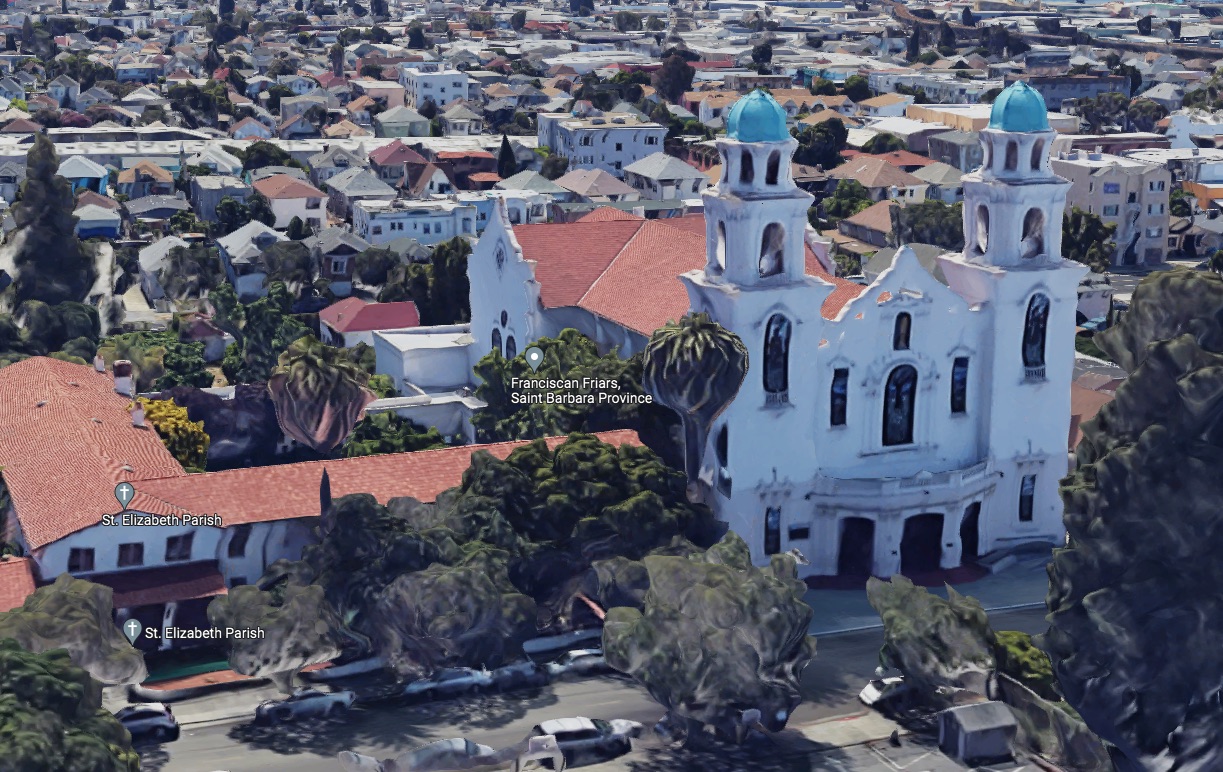Catholic Bankruptcies Benefit Catholic Officials
The Horror Is Not in the Past

In 2006, thanks to the tenacity and courage of 24 clergy sex abuse victims, a California-based Catholic religious order called the Franciscans was forced to release 8,500 pages of long-hidden records about horrific clergy sex crimes and cover ups.
It was, and still is, one of the most significant single document disclosures that reveals how these devastating crimes were committed and concealed in a single, large Catholic entity. (The records are available at bishopaccountability.org/franciscans/)
But sadly, that moment is unlikely to be repeated.
Now, another group of brave men and women who were sexually violated by even more Franciscans are seeking prevention, justice, healing, and truth-telling.
These survivors should have the same leverage over church officials as their predecessors had. In theory, they could force a similar disclosure of embarrassing but crucial information about clergy sex crimes and cover ups.
But they will never get a chance for their day in court, as the earlier group had back in 2006.
Why? Because in terms of secrecy, the Franciscans have gone from bad to worse. This time, before a single abuse case was brought before a judge or jury, the order’s top officials opted to seek Chapter 11 bankruptcy protection in federal court last month.
(The Catholic dioceses of San Francisco, Santa Rosa, and Oakland are also now in bankruptcy, citing — as the Franciscans are — a recent wave of abuse and cover-up lawsuits.)
That move — filing for bankruptcy — put a cold, hard stop on any legal efforts, by anyone, hurt any time, in any way, by any Franciscans.
This is what a Chapter 11 filing does: It freezes all civil cases against the abuser and his or her employer. That freeze prevents depositions, discovery, and testimony — the time-tested procedures for discerning and revealing wrongdoing, especially wrongdoing by powerful figures and institutions.
In other ways, filing for bankruptcy benefits church officials and hurts nearly everyone else.
In the public arena, bankruptcy shuts down questions like “Who perpetrated and hid these heinous crimes?” and “How did they get away with it for so long?” It replaces those concerns with drier and less disturbing financial questions like “How much will the church have to pay out?” and “Where will the settlement money come from?” “Are my donations funding this effort?” and “Might my parish end up closing?”
In the process, the ongoing agony of scores of deeply wounded survivors gets short shrift. Worse, the ongoing risk to vulnerable kids is virtually ignored. (Though many predator priests have passed away, thousands of them who have been suspended from parish work still live and work among unsuspecting families, unmonitored and unsupervised.)
The financial condition of a few defendants becomes front and center.
Under Chapter 11, top church figures, many of whom endangered kids and deceived parishioners by shielding known offenders, are off the hot seat and will never have to explain themselves under oath.
Second, these church bankruptcies help bolster the disingenuous and self-serving claim, made repeatedly by Catholic prelates, that all this horror is “in the past.”
It’s not. Just five years ago, KQED radio found that one credibly accused Franciscan abuser, Fr. Josef Prochnow, was living in an East Bay suburb. Apparently, no neighbors had been notified of his presence. https://www.kqed.org/news/11696384/problem-priests-were-moved-around-including-to-the-bay-area
How many other admitted, proven and credibly accused child molesting clerics are now around moms, dad, and kids who are completely unaware of their crimes and proclivities?
And in each of these Northern California institutions, many church decision-makers who quietly moved abusers, stonewalled police, stiff-armed prosecutors, and misled parishioners are still in positions of power.
So it’s naïve and in fact dangerous to consider this a crisis of “the past” when some of the clerics who committed and concealed the abuse are still able to commit and conceal more abuse.
The bottom line: these church bankruptcies are more about secrecy than dollars. And they should be about still-vulnerable kids and long-suffering victims, not about clerics’ reputations, careers, and comfort.
Tim Hale is an attorney in Santa Barbara who represents victims of sexual violence.
